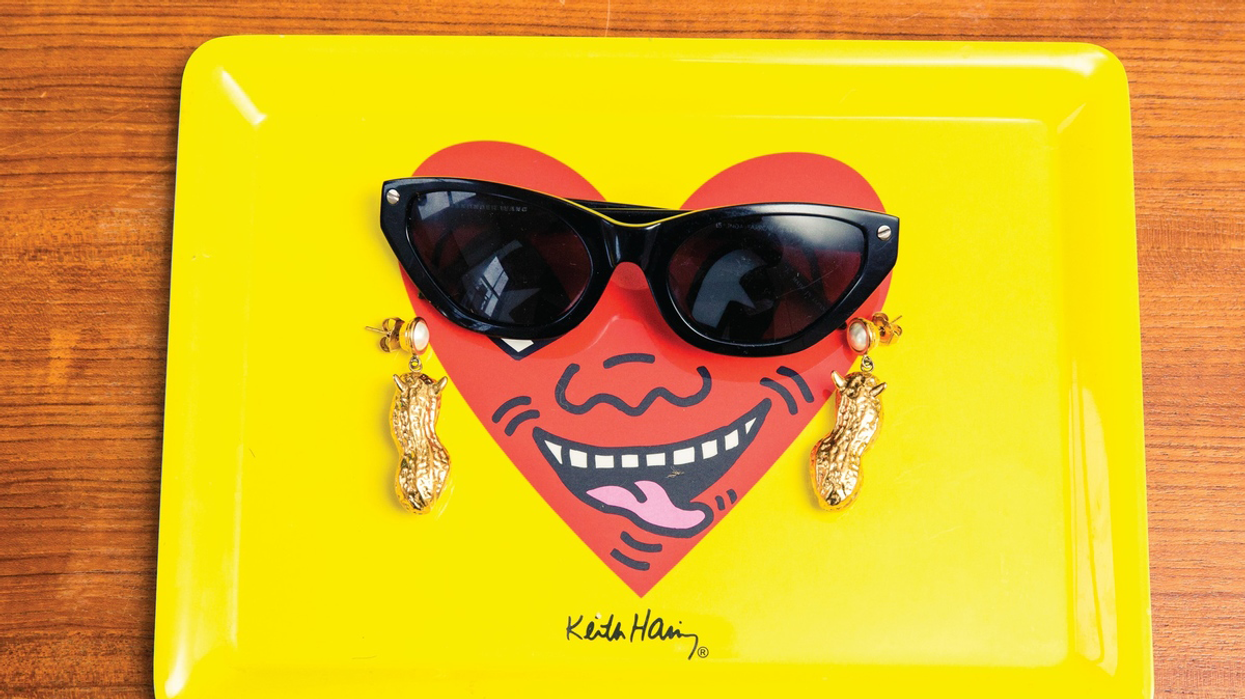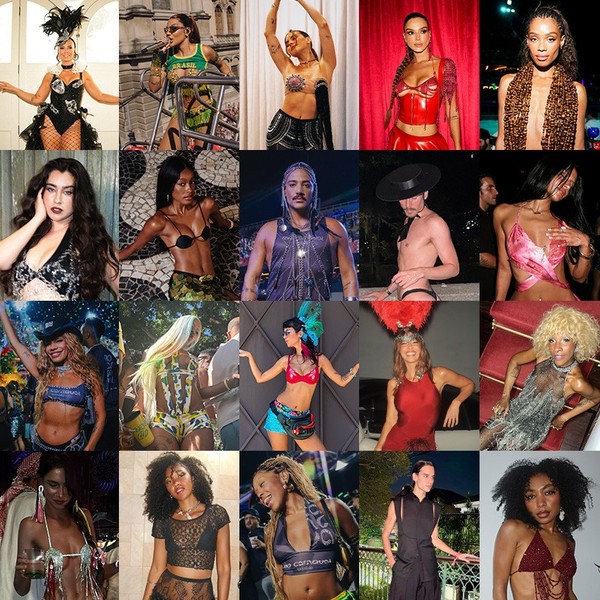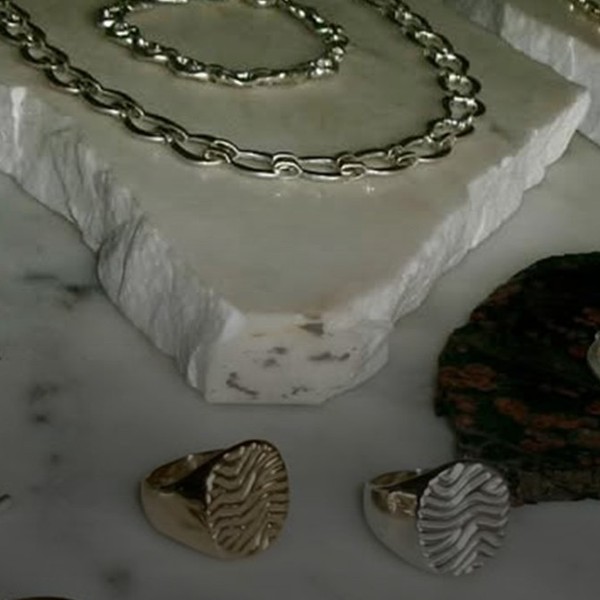
For most holidays, there’s a consensus for how we’re supposed to celebrate them: we eat turkey on Thanksgiving, dress up on Halloween, kiss at midnight on New Year’s. However, Valentine’s Day seems to be an exception. Nobody seems to agree on how we’re supposed to spend it, and social media only exacerbates the problem. According to some, if your boyfriend doesn’t get you flowers AND chocolates AND post about you AND make a reservation somewhere pricey, you can assume he is cheating on you and hates you. According to others, any couple that feels the need for a big celebration is superficially performative and in an unfulfilling relationship that is headed for a break-up. According to yet another camp, if your significant other just buys you things and doesn’t make you dinner or craft something handmade, then they’re just spending money to shut you up and, yes, also actually hate you. Clearly, all society seems to be able to agree on is that Valentine’s Day is some kind of barometer of your relationship; what they can’t agree on is how exactly that barometer is supposed to be calibrated.
I’ve personally always been confused by Valentine’s Day. I went to an all-girls school with an egalitarian policy on valentine distribution, where the biggest indicator of Valentine’s Day coolness was who could eat the most candy (yes, that involved as much barfing in gym class as you’re picturing). Even now, as a coupled-up adult with several relationships behind me, I’m not sure how to feel. Should I be mad if my husband doesn’t ask me to be his Valentine every year, as TikTok suggests? Should I have felt sad about it during the years I was single? Is a dinner at home intimate and relaxing or cheap and sad? To answer some of these questions, I turned to individuals uniquely positioned at the intersection of romantic psychology and cold hard data: in-house dating app love experts. Read on for the experts’ takes on the best ways to celebrate, how to turn your situationship into your Valentine, how lovers from any stage of a relationship can navigate the season, and their answer to the nagging question I’ve had ever since I first got gummy candy hearts stuck in my braces: Does Valentine’s Day even matter?
What’s the Right Way to Celebrate?
I started with the question that seems to be the most hotly disputed: Is there a way we’re supposed to celebrate Valentine’s Day? Both Bumble’s Shan Boodram and Hinge’s Moe Ari Brown were in resounding agreement on this front: there’s no one-size-fits-all approach to celebrating V-Day. “The most important thing is a compatible approach to Valentine’s Day,” says Boodram. “A couple pulling out all of the stops for a big, romantic evening full of surprises isn’t necessarily more successful than one who spends Valentine’s Day cooking at home and watching movies on the couch. How you choose to spend Valentine’s Day might say more about your love language than about how successful your relationship is!”
And if your approaches aren’t compatible? “In a couple where one person wants to celebrate by going out to dinner and the other partner does not want to participate, this can lead to feelings of rejection or disappointment,” says Brown. “Ultimately, V-Day is often a day to express love and affection toward your partner, so for those who have personal reasons for not wanting to celebrate, I encourage them just to see it as another day to express love for the person(s) in their life who deserve their flowers 365 days of the year.” So even if one half of the couple is a Valentine’s Day denier and the other is a full-on enthusiast, it’s best to approach the holiday like any conflict in a relationship: finding a compromise that makes both partners feel supported, heard, and loved.
As Boodram says, “In this day and age, it’s extremely important to not jump to the conclusion that everyone values Valentine’s Day the same. In fact, 1 in 3 respondents in a recent Bumble survey shared that they are no longer focused on adhering to traditional timelines and milestones, meaning for many, especially Gen Z’s, you shouldn’t just assume that because something has been traditional, it’s still true.” In conclusion, stop testing your boyfriends, people! Instead, have an honest conversation about both of your views on the holiday, and make it a celebration of your love and relationship specifically.
What if It’s a New Relationship?
Unfortunately, Valentine’s Day can also put pressure on relationships in a way that simple compromise and communication can’t immediately solve. For one thing, compromise and communication are often skills developed within the relationship over time–so what if you’re in the beginning stages? “Relationship status can affect how specific feelings come up for people around Valentine’s Day,” says Brown. “For example, anxiety is a very common feeling that arises for people who are in the early days of dating, and this often stems from a desire to determine where the relationship is headed.” Boodram adds, “To alleviate pressure [at the early stages of a relationship], you need to clear the air.”
Obviously, this is easier said than done. Statistics reveal that 46% of Hinge users admit that they’ve avoided defining a relationship purely due to not being sure how to bring it up, while 57% say that they’ve held back on telling someone how they felt because they were afraid it would be a turn-off. Yet, 73% of Hinge users agree that asking someone to be their partner is a must for establishing exclusivity. So how do we approach these tough conversations? Luckily, both Boodram and Brown have practical advice on approaching those conversations. Both strongly recommend reflecting on your feelings about the relationship and clarifying what you want out of it first. Brown specifically recommends paying attention to how the other person makes you feel and defining your goals and hopes from there.
Okay, But What Do I Even Say?
Wondering about the best way to get things rolling with your desired Valentine? The experts have you covered. For a longer-term relationship, Brown recommends this script: “I enjoy our time together immensely. When I’m with you, time is kind of irrelevant, and when I am not with you, time doesn’t go fast enough. I can picture you in my life for a long time. I’m ready to call you my [bae, girlfriend, partner, boyfriend, etc.]. I’m wondering if you want that, too.” For a new one, he recommends saying, “I am still figuring out what kind of relationship works best for me, but I am sure about liking you. I’d like to keep seeing where our relationship goes. Here are some ideas of how we could continue to spend time together and check in with each other...How does that sound to you?” And for a casual but established thing, he recommends, “I like you, and I enjoy our time together a lot. I appreciate how you [insert something great about them], and I’d love to keep dating casually. For me, dating casually means [XYZ...] Would you like to keep seeing each other with those boundaries in mind?” If XYZ involves celebrating Valentine's Day, let them know and see if your visions link up!
After you’ve defined the relationship, aka DTR’ed, you can now move to the DTVDPOA stage - “Defining The Valentine’s Day Plan of Action.” Boodram recommends asking yourself, “Do I want to spend Valentine’s Day with this person? Am I hoping they ask me on a date on February 14th?” If the clear answer is yes, you’d love to make them the Darla to your Alfafa, go for it! “If the answer is yes,” says Boodram, “You can start the conversation casually by asking the person if they celebrate Valentine’s Day. If they say yes, tell them that you also like to celebrate it and also give context to what the day means to you, specifically how much weight you place on it. If they seem interested in this line of dialogue, you can take it a step further and ask them if they have plans, then take it from there.”
How Soon Is Too Soon?
Is it possible to bring this up too soon in the relationship? Both experts think there’s never a bad time in a relationship to check in and ensure you’re on the same page. In fact, Boodram is a fan of even doing a first date on Valentine’s Day. If you agree with her, you’re not alone–1 in 4 Bumble users said that they would go on a Valentine’s Day date regardless of what relationship stage they’re in. Especially if you haven’t met in person yet, there’s low pressure for sparks to fly, and the holiday does offer more of an adventure and a fun storyline (remember, we’re all about dating for the plot now). However, she notes that many date spots are super crowded on the 14th, so be warned that it could be a heavy logistical lift for a connection that might not pan out.
Additionally, Boodram thinks Valentine’s Day is a great time for people in any stage of the relationship to celebrate, whether “you are on page one or well into your romantic connection.” However, she recommends being mindful of the “Valen-timing.” “[V-Day] is not a good day if people’s level of attraction or intentions towards commitment are mismatched,” she says, “Because it can create a false narrative about the trajectory of the relationship.” In other words, don’t get carried away–I’ve said it before, and I’ve said it again, being horny and lonely are not good enough reasons on their own to let people into your life!
What About the Singles?
As someone who has never been hugely optimistic about relationships, and in every relationship but my current one, I’ve found the pressure of the holiday more stressful than fun yet I’ve never felt that bad about myself on the V-Days that I was single. However, the world is apparently full of romantics with much better dating pasts than me: a lot of single people do indeed experience Valentine’s-related stress. In Brown’s words, “Valentine’s Day, in many ways, has commodified a specific expression of love, and I can imagine that for some people, it feels like a cultural reminder of not being in a romantic relationship.” Boodram agrees, saying, “I’ve heard from a lot of singles that Valentine’s Day can be a painful reminder of their relationship status. If you’re looking for love, it can be hard to be inundated by all the happy couples and messaging from a society that celebrates romance.”
Both experts, however, think there’s no reason for singles to feel sad when it comes to V-Day. As Boodram has observed, “People are putting more rules on their dating lives in an effort to honor their needs and enforce their learned boundaries. Single people are reframing how they date to better protect their mental health, with almost 1 in 3 respondents in a recent Bumble survey sharing that they are actively “slow dating” and being more considerate about how much they are dating.” If you’re looking for true love and don’t have someone on Valentine’s Day at this point in your dating journey–great! Pat yourself on the back for not rushing into anything, and for having the self-love, knowledge, and awareness to be exceedingly picky when it comes to finding someone.
Boodram also notes, “It’s easy to get bitter around February 14th, but more and more, I’m seeing people shifting their perspective on Valentine’s Day to focus on other types of love - namely self-love and platonic love. Who doesn’t adore a Galentine’s celebration with your best friends? And if you’re single on February 14th, maybe there’s an opportunity to take yourself out for a nice meal or an activity you love!” In Brown’s words, “Regardless of your romantic relationship status, Valentine’s Day invites an opportunity to reflect on how love is present in your daily life. Whether from family or chosen family, friends, community, or self-love, I invite people to recognize the love that they have around them.”
Million-Dollar Question: Does Valentine’s Day Even Matter?
It’s hard to think of a holiday as hotly debated as Valentine’s Day on whether it is a “real” holiday. Who among us has not had that pretentious boyfriend who denounced it as “made up by Hallmark and the candy companies” as his reason for forgetting what day it was? When I posed this question to the experts, their responses notably lacked any mention of chocolate conglomerates and Hallmark conspiracies. Both point to certain trends in how the holiday has evolved, providing some surprising statistics. As jaded as we think we are about romance, 90% of Gen Z Hinge daters say they are actively searching for love. And as much as we equivocate on whether Valentine’s Day is a real holiday, Hinge saw a 29% increase in matches from February 1 to February 14 in 2023 from the same time period in 2022. Clearly, people are still hopeful about romantic love and using Valentine’s Day as an impetus in their search for it.
Both experts say they are also seeing shifts in how people are approaching the holiday. Boodram says, “A lot of people are broadening their horizons when it comes to Valentine’s Day and focusing on celebrating all the different types of love in their lives aside from the strictly romantic.” In response to my point-blank question of whether Valentine’s Day “is a B.S. holiday or not” (here at Coveteur, we ask the hard questions), the experts were in agreement. “Personally, I love Valentine’s Day,” says Boodram, “And regardless of my relationship status, I have celebrated the notion of romantic love out loud. You can fact check me on that!”
Brown adds, “Love, in all forms, is always worth celebrating. Love, in my opinion, happens to be one of our universal pursuits as humans. I encourage everyone, regardless of romantic status, to celebrate the love in their life regularly because when we do, we feel the positive impact on our moods and ultimately feel more connected to life…Whether from family or chosen family, friends, community, or self-love, I invite people to recognize the love that they have around them. Valentine’s Day is just another opportunity, at a specific moment in time, to name our love for one another and acknowledge it.”
You heard it here first, folks. 100% of experts surveyed agree that Valentine’s Day matters (and thus ruined my plans for a hilarious snarky piece with their touching sincerity and legitimately helpful life advice). Send this to your Valentine’s Day-hating loved one and–not to sound like a TikTok relationship test–if they still won’t meet you halfway on your V-Day desires or at least split a nice Whitman’s sampler with you, feel free to dump ‘em.




